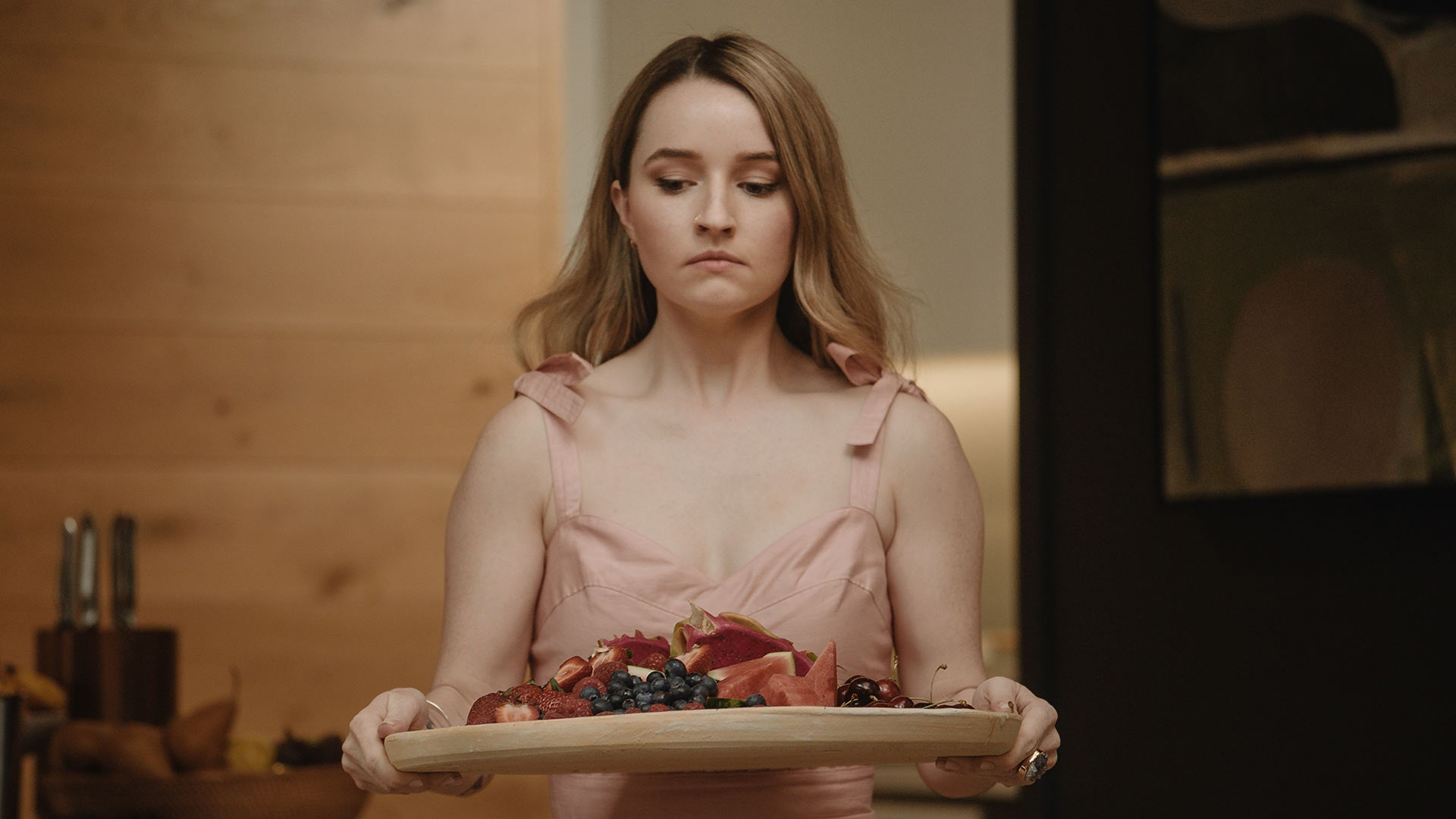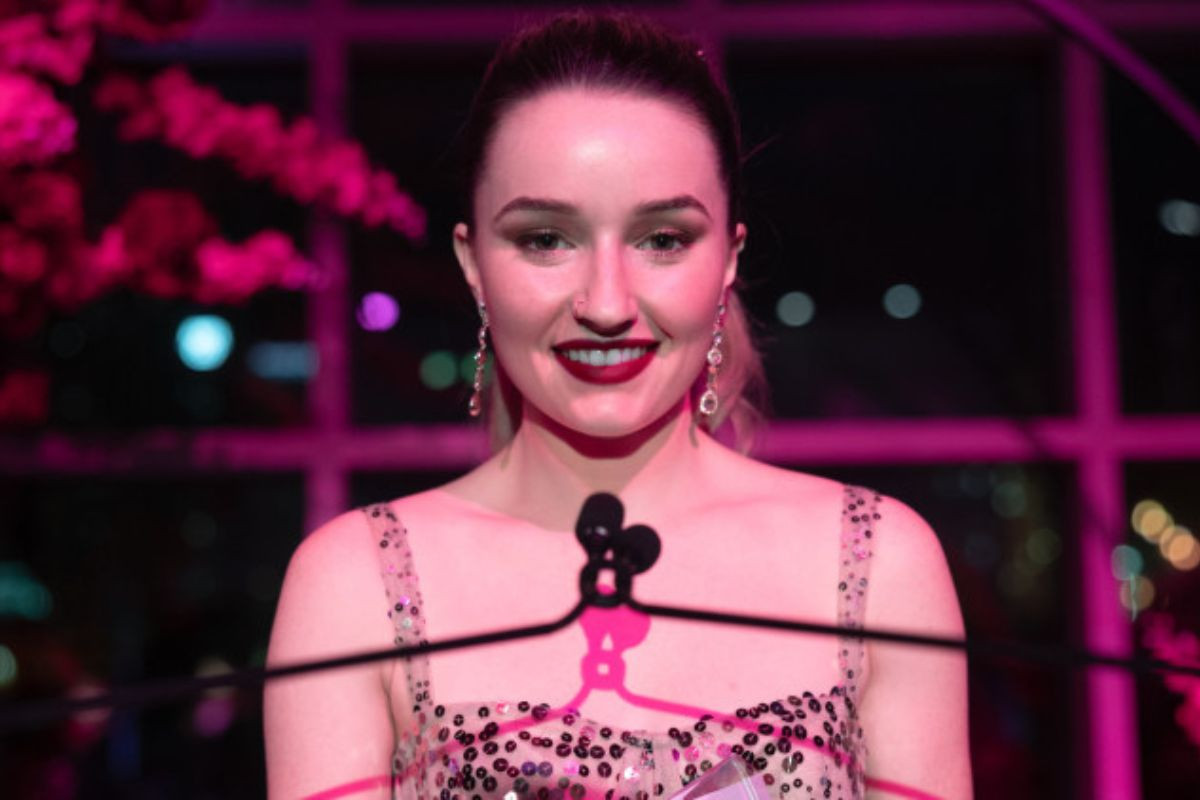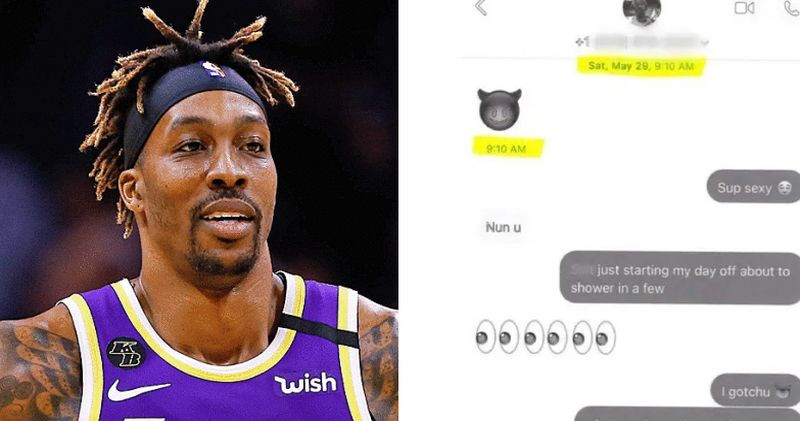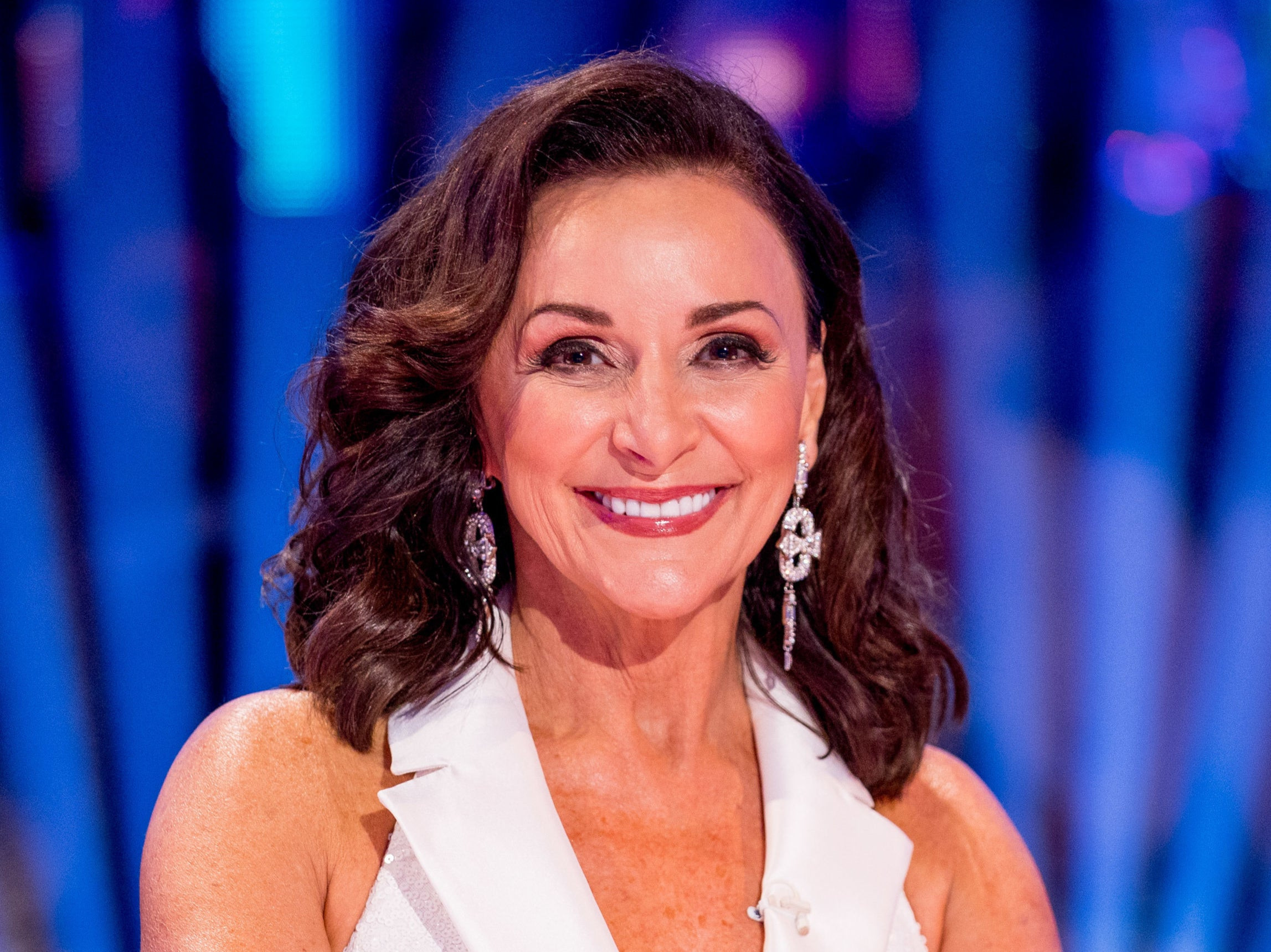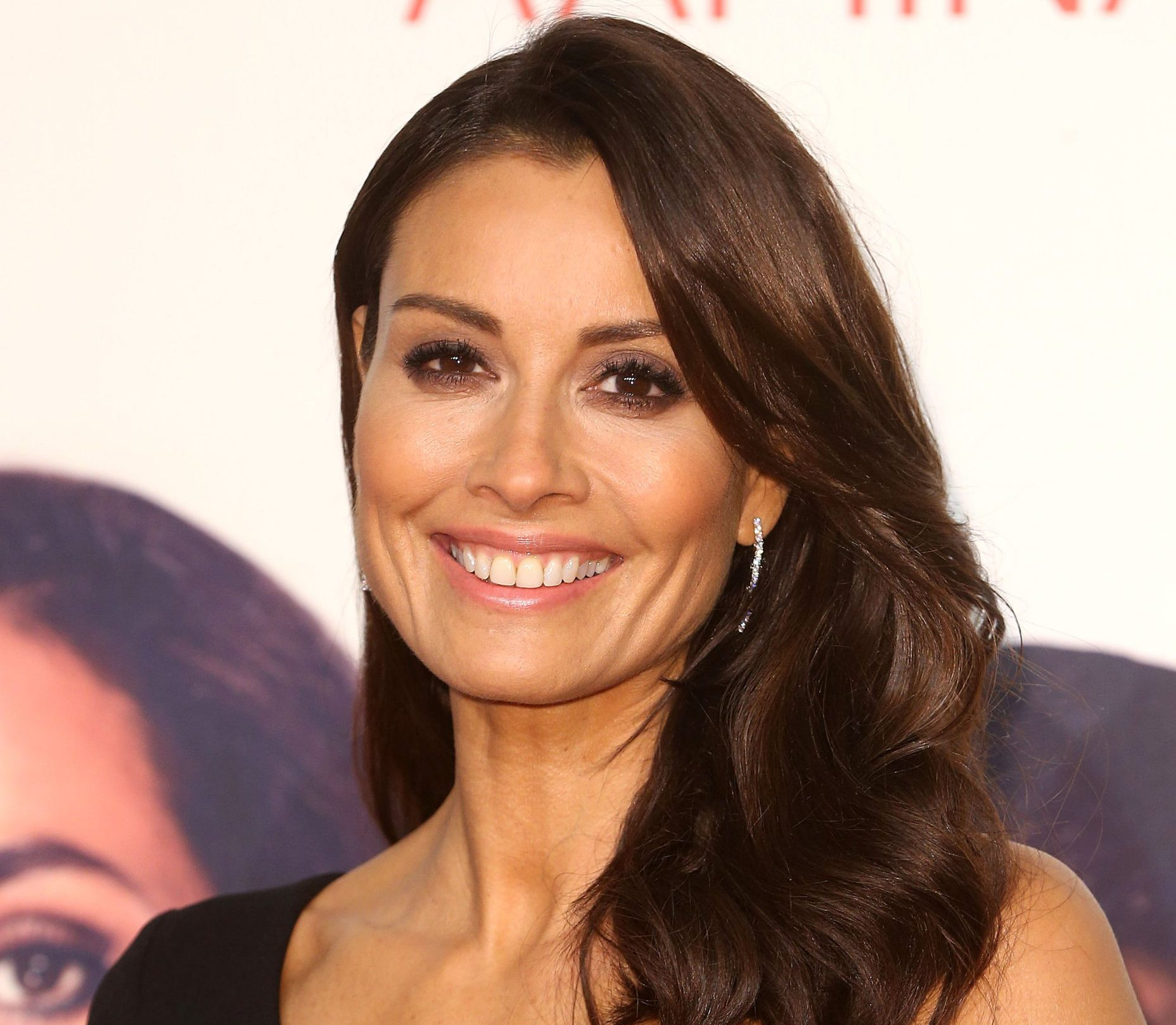Netflix's 'Apple Cider Vinegar': The Shocking True Story Behind the Wellness Scammer
The Australian wellness entrepreneur Belle Gibson, who once billed herself on Instagram as a “Gamechanger with brain cancer + food obsession,” became a household name—and then infamous—for a deception that captivated millions.
The Rise and Fall of a Wellness Guru
Belle Gibson's journey began in 2013, when she joined Instagram under the moniker “Healing Belle.” Her aesthetically pleasing posts about naturally treating her terminal brain cancer quickly went viral. Her feed showcased organic meals, juices, and a lifestyle built around alternative therapies. This seemingly miraculous recovery story resonated deeply with vulnerable people searching for hope.
Gibson's carefully crafted online persona propelled her to success. In the same year, she launched a recipe app, The Whole Pantry, which reached the top of Apple's app store charts in its first month. Within two years, Gibson had earned half a million dollars from her Whole Pantry brand, and in 2014, she published a best-selling cookbook. She offered advice on treating various conditions, suggesting food-based remedies and alternative treatments.
The Recipe for Deception
The Netflix series, Apple Cider Vinegar, delves into the creation of Belle's character, played by Kaitlyn Dever. Showrunner Samantha Strauss relied heavily on the nonfiction book The Woman Who Fooled The World, detailing the scandal by journalists Beau Donelly and Nick Toscano. The book meticulously traces Gibson's claims of treating her cancer solely through alternative methods and how she built a lifestyle brand based on this monumental lie. The show serves as a cautionary tale about the dangers of misinformation in the wellness industry and the importance of trusting medical professionals.
Inspired by a True Story
Apple Cider Vinegar isn't just a dramatization; it's grounded in real events. The series accurately portrays Gibson’s initial rise to fame and the subsequent unraveling of her elaborate deception. However, certain characters and events have been created or fictionalized for dramatic effect. The series draws inspiration from several real-life wellness gurus, most notably Jess Ainscough, a teen magazine editor who gained online fame for battling cancer through alternative methods.
The Role of Ainscough and the Show's Portrayal
The show introduces Milla (Alycia Debnam-Carey), a character heavily inspired by Ainscough's story. While the series depicts Milla and Belle as rivals, the reality is that Ainscough and Gibson barely interacted. This highlights the show’s artistic license and its focus on crafting a compelling narrative rather than adhering strictly to factual details. However, Apple Cider Vinegar accurately depicts the tragic trajectory of Ainscough's life and her ultimate passing at age 29, as well as her mother's own experience. Ainscough's death and the tragic fate of her mother serve as a sobering counterpoint to Gibson's fabricated journey.
The Investigation and Unraveling of the Truth
The investigative journalists at The Age newspaper in Melbourne, Beau Donelly and Nick Toscano, played key roles in exposing Gibson’s lie. Their investigation began with a tip from someone who knew Gibson and doubted her cancer diagnosis. In the series, this is shown through the character of Chanelle, played by Aisha Dee, a friend who attempted to intervene in Gibson's behavior, observing things that made her doubt Gibson’s diagnosis. Chanelle's suspicions, fueled by observations of Gibson's lifestyle and lack of medical evidence, prove pivotal in the unraveling of her deception. Donelly and Toscano's work forms the backbone of the Netflix series, providing a framework for the story and the events that unfolded, drawing attention to the ethical dilemmas and investigative challenges faced by journalists. The show, while fictionalised, is a good portrayal of their investigation.
The Aftermath and Lasting Impact
The show explores the fallout after Gibson's lie was exposed. Penguin Random House pulled Gibson’s cookbook, and Apple removed her app. Facing mounting criticism, Gibson eventually admitted to lying, but offered no real apology for her actions. In 2017, the Australian Federal Court found Gibson guilty of misleading and deceptive conduct, fining her a substantial amount, though much of the money remains unpaid to this day. The series highlights the ethical implications of Gibson's actions and the devastating impact her lies had on many vulnerable individuals who placed their faith and hope in her message.
The Ongoing Mystery and Lessons Learned
Even after her conviction, certain aspects of Gibson's story remain shrouded in mystery. The show ends on an ambiguous note, questioning the true extent of Gibson’s deception. Apple Cider Vinegar serves as a stark reminder of the dangers of unchecked misinformation in the digital age and the need for critical thinking. It also leaves the viewer contemplating the psychology behind her behavior and the motivations behind her elaborate fraud. Ultimately, the series is more than just a story about a fraudster; it is a commentary on trust, hope, and the dark underbelly of the wellness industry.
The series effectively portrays the real-life consequences of Gibson’s actions, highlighting the impact on her family, followers, and the broader wellness industry. This includes the lasting impact on those who looked up to her and the implications for the broader trust in online influencers. The final scene leaves the audience contemplating the lasting impact of her deceit.
The journalists hope that viewers will be more critical when encountering similar claims of miraculous health cures or alternative therapies promoted as replacements for conventional medical treatments. The real danger, as highlighted in the show, lies in the substitution of proven medical care with unverified or dangerous alternative therapies. This is a powerful lesson from a story that continues to captivate audiences.




